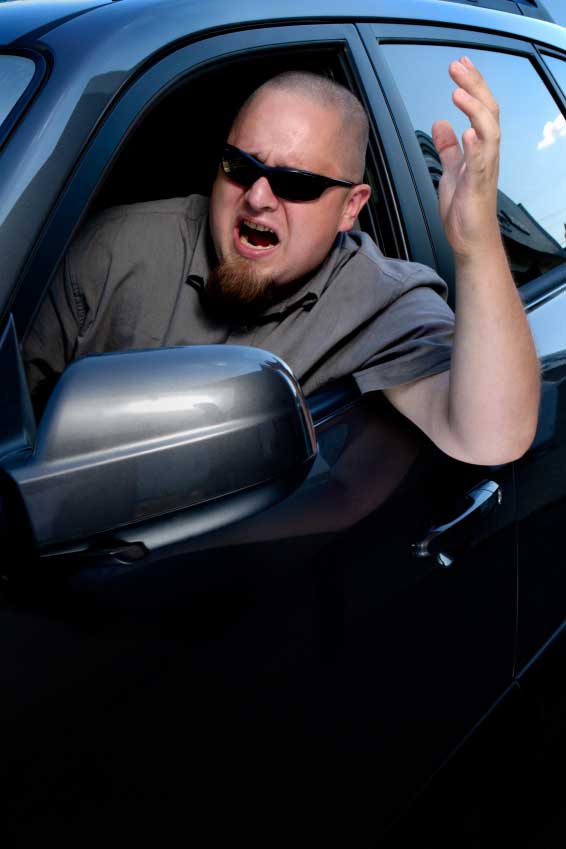What Really Happens When Your Blood Boils?

This Week's Question: When someone says, "that makes my blood boil," does that mean their blood pressure goes up, too? Probably. Blood pressure tends to spike when you are excited by an emotion such as anger or fear. But high blood pressure — known as "hypertension" — is very sneaky. It's called the "silent killer," because it usually has no symptoms. Doctors say you have high blood pressure if you have a reading of 140/90 or higher. A blood pressure reading of 120/80 or lower is considered normal. "Prehypertension" is blood pressure between 120 and 139 for the top number, or between 80 and 89 for the bottom number. The first number represents your "systolic" pressure when the heart beats. The second number represents the "diastolic" pressure when the heart rests. If only one number is elevated, you still have high blood pressure with all of its dangers. Isolated systolic hypertension (ISH) is the most common form of high blood pressure for seniors. When you have ISH, only the top number is too high. About 2 out of 3 people over age 60 with high blood pressure have ISH. About one in three American adults has high blood pressure. In the U.S., high blood pressure occurs more often in African-Americans High blood pressure can ravage your body. It can enlarge the heart, create small bulges (aneurysms) in blood vessels, damage the blood vessels in the kidneys, harden arteries, produce bleeding in the eyes. The possible consequences are heart attack, stroke, kidney failure and blindness. Your chances of getting high blood pressure are also higher if you are overweight, don't exercise, eat too much salt, drink too much alcohol, don't consume enough potassium, endure stress for too long. Obviously, changing your diet, exercising and altering your lifestyle will help. When you go to your doctor to have your blood pressure taken, there are a few things you can do to get an accurate reading. First, don't drink coffee or smoke cigarettes for a half hour before your pressure is taken. (What are you doing smoking anyway?). Empty your bladder, because a full tank can affect the reading. Sit quietly for five minutes before the test. If you're like me, you have "white coat syndrome." That means your blood pressure jumps as soon as a doctor or nurse approaches you. If your doctor knows this, he or she may recommend a home blood-pressure monitor or ambulatory monitor that is worn around the clock and takes your pressure every half hour. If you have high blood pressure and lifestyle changes don't reduce it, there are medications to treat the problem. Often, two or more drugs work better than one. Some drugs lower blood pressure by removing extra fluid and salt from your body. Others affect blood pressure by slowing down the heartbeat, or by relaxing and widening blood vessels.
The Healthy Geezer column publishes each Wednesday on LiveScience. If you would like to ask a question, please write fred@healthygeezer.com. © 2009 by Fred Cicetti.
Get the world’s most fascinating discoveries delivered straight to your inbox.
 Live Science Plus
Live Science Plus





